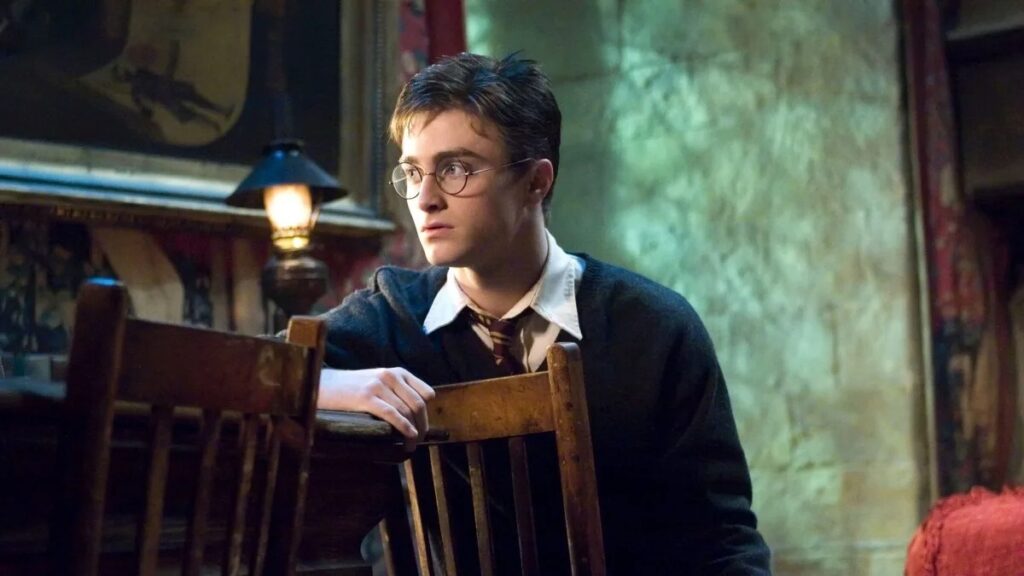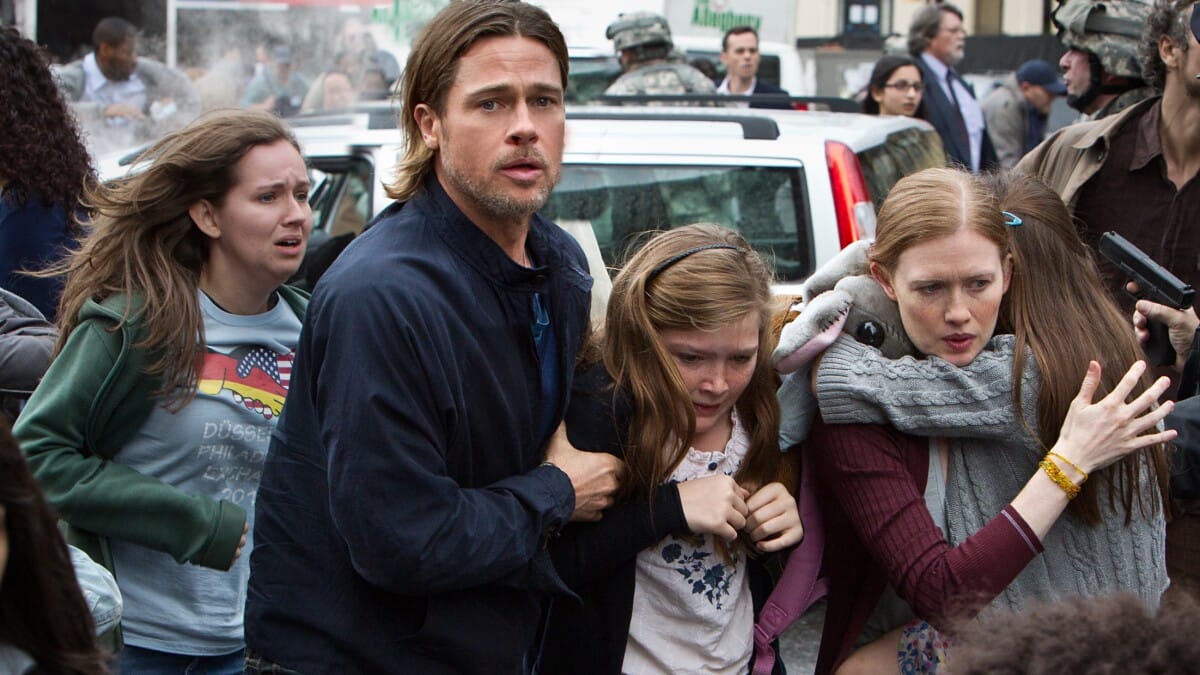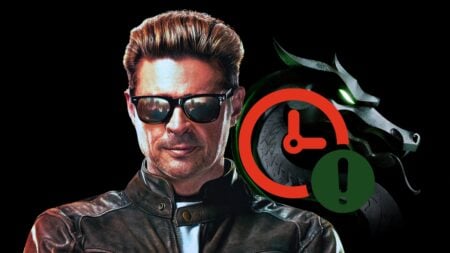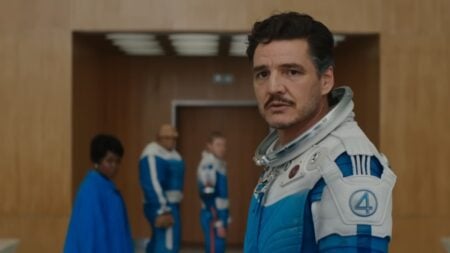Legendary thriller director David Fincher was an early potential choice to direct Harry Potter. He discussed that missed opportunity with Variety while celebrating a new Seven Blu-ray release. Fincher characterized his take on the once-beloved children’s book series as a “creepy” affair, citing Withnail and I. Though he didn’t get the gig, he stated, “I just don’t want to do the clean Hollywood version of it.”
David Fincher hardly needs an introduction. His style remains extraordinarily distinct, but he tends to work with source material most of the time. Fight Club, The Girl With the Dragon Tattoo, and Gone Girl are iconic book adaptations. Panic Room and Seven take notes from true stories. Fincher finds thrilling new depths in his chosen works, often eclipsing the original text.
Harry Potter and the Movie David Fincher Almost Made

David Fincher was one of many directors that Warner Bros. looked into as the potential creative head behind Harry Potter. He briefly spoke about his pitch for the property, comparing it to Withnail and I. If you’re not into off-kilter British black comedies from the 80s, you may mostly know Bruce Robinson’s tragic tale from actors’ Letterboxd lists. It’s not a perfect metaphor, but Fincher’s Harry Potter would have radically altered the tone. Fincher told Variety that WB wanted “Thom Browne schooldays by way of Oliver.” That disconnect kept Fincher out of the director’s chair. He sought a more frightening tone for the family-friendly franchise. Given the timeline, Fincher likely got to Seven in 2000 because he didn’t get to do Harry Potter in 1999.
David Fincher was far from the only director WB brought in to direct Harry Potter. The first film finally dropped in 2001 with Chris Columbus in the director’s chair. Author and noted transphobe JK Rowling sold the rights to her magnum opus in 1999. Rowling allegedly had nothing to do with the process of choosing the film’s director. Steven Spielberg became one of the first names on the studio’s list. He once pitched an animated adaptation, but he reportedly refused the studio’s offer. WB considered everyone from Jonathan Demme (The Silence of the Lambs) to Ivan Reitman (Ghostbusters). Terry Gilliam was Rowling’s apparent favorite, but Columbus got the gig. He was their ideal candidate, pulling notes from Oliver Twist and Great Expectations. Fincher was always an odd choice, but the world would be different with his version of the film.
The Harry Potter franchise moved through many directors in its nine-year run. David Yates hopped on for the back half, arguably becoming the most prevalent creative voice in the series. Chris Columbus directed the first two films, but he left to spend more time with his kids. If David Fincher became the voice behind Harry Potter and the Philosopher’s Stone, he likely would have left the project shortly thereafter. It would have been wild to see Alfonso Cuarón try to follow Fincher’s entries. The world will never see the Fight Club director take on Rowling’s words, but both fan bases have plenty to look forward to. WB will keep trying to make Harry Potter cough up cash, and Fincher will keep directing unique and bizarre adaptations like his upcoming Squid Game reinterpretation and Chinatown prequel.








